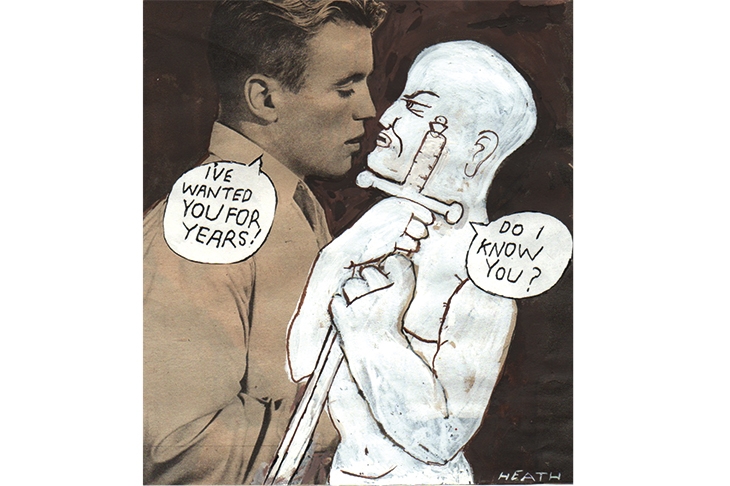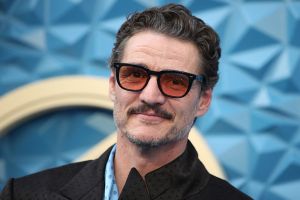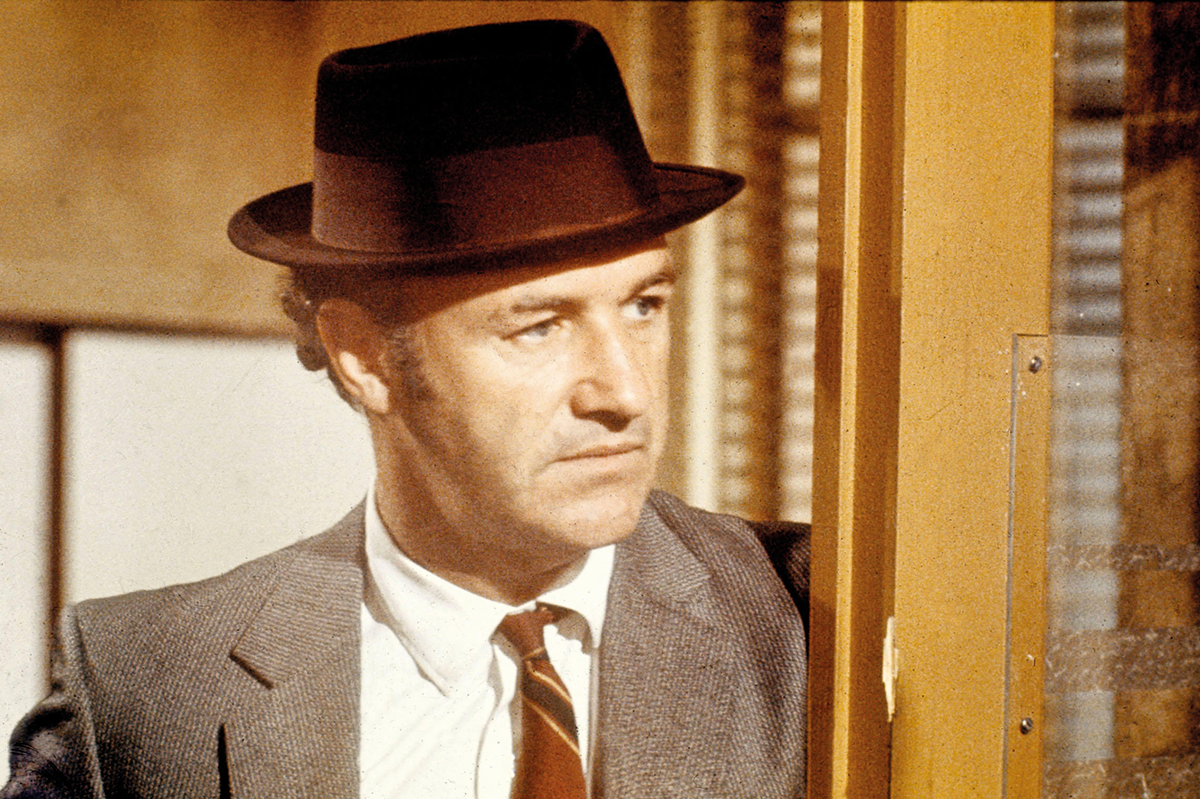Here it is again, a couple of months later than usual but back nevertheless. It’s the time of the annual jamboree that is film awards season, a three-month extravaganza that predominantly revolves around three key events: the Golden Globes, the Baftas and the Oscars. All three of these celebrations of artistic excellence and mutual backslapping have been delayed due to COVID. The Globes took place — virtually — three weeks ago, Bafta revealed its shortlist last week and the Oscar nominees were announced on Monday. The starting gun has been fired — while all our cinemas remain closed. Have you seen Nomadland, The Father or Promising Young Woman? Of course you haven’t. No one, apart from the critics, has been afforded the opportunity.
Much as culture industry insiders might decry the boiling-down of all their brilliance into something as prosaic as a mere list, for punters these shortlists are a godsend. From the infinity of possible choice there comes a way-marker, to be followed or indeed consciously ignored. Critics and film buffs love to sneer at these lists and pick holes in them — outrage in Best Editing! Egregious idiocy in Best Adapted Screenplay! — but everyone with even a passing interest in film is forced, for a few weeks, to pay attention.
I, for my sins, am a long-term slave to the Oscars’ often whimsical pronouncements and take it upon myself each year to watch every film nominated in the main eight categories. The upshot of this is that my cinematic horizons get a vigorous stretching, in ways that are more often positive than not.
The traditional timing of awards season — January/early February — is also perfect. In my mind there is nothing lovelier than to hunker down in a cozy cinema and feast on culture in the dark days of winter. There is always a blitzkrieg of ‘premium’ releases at this time as the studios hold back all their heavyweight contenders until the media focus is on awards season. This often leads to an embarrassment of riches as two or three major pictures are released on the same day. As a film-loving friend of mine put it, after we had been to see the 2008 awards-bait Doubt: ‘You actually only need to go to the cinema for six weeks a year to see the things that matter. You can take the other 46 weeks off.’
Even those who profess themselves indifferent to cinema’s charms for, say, 46 weeks of the year make an effort at this time to catch a couple of films, even if it’s just so that they know what everyone is talking about at dinner parties. There is also snob value at play here; for some people it is a case of the more highbrow and ‘elitist’ the film the better — which accounts for the sudden widespread enthusiasm for works in the Mandarin language after the 2001 release of Crouching Tiger, Hidden Dragon, or for Korean cinema after Parasite won Best Picture last year.
All this, of course, happens in Normal Times. I doubt there are many frenzied dinner party conversations going on in London currently about the merits of Carey Mulligan’s character in Promising Young Woman, because a) there can be no dinner parties here and b) no one will be able to go to a cinema (indoors, anyway) until at least May 17, the month after the Baftas and the Oscars pronounce their verdicts. This year’s likely Best Picture and Best Director winner, Nomadland, has had its scheduled cinema release pushed back multiple times and will now receive its first UK airing via streaming on Disney+. The idea of not being able to watch the so-called film of the year in an actual cinema represents a significant tear in the cultural fabric.
However they are spun, and no matter how much razzmatazz is thrown at the project, there is an inevitable listlessness to this year’s lists. Without the oxygen of public buzz and chatter, it will be hard to sustain enthusiasm and momentum all the way through to the Oscars on April 25. And what of the ceremonies themselves? We are now over, I think, the novelty of watching actors accept awards from their living rooms while wearing pajamas and perhaps the cat. The sense of anticlimax at last month’s Golden Globes, as stars gave their acceptance speeches over Zoom, was palpable. Celebration of the fact that that rarest of creatures, a woman, won the Best Director gong was sadly underpowered.
We long instead for the hustle-bustle of the real thing, the red carpet, the fashion faux pas, and the rictus grins of the losers. Most of all, though, we long for the Cinema Paradiso-type communal experience of sitting in a packed auditorium staring up at a big screen while surrounded by our eager fellow punters. Streaming services have got many of us through a lot of locked-down evenings, but for all their ease and convenience, they provide a more than somewhat sterilized viewing experience. There is nothing that can beat the thrill of the cinema lights going down — especially during awards season.
This article was originally published in The Spectator’s UK magazine. Subscribe to the US edition here.

























